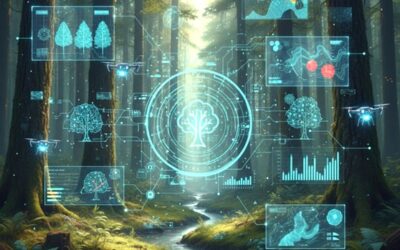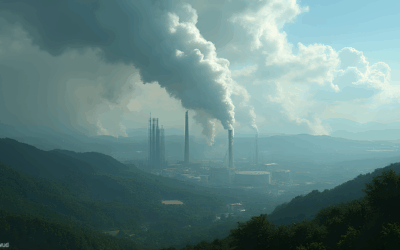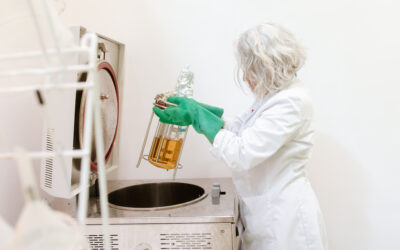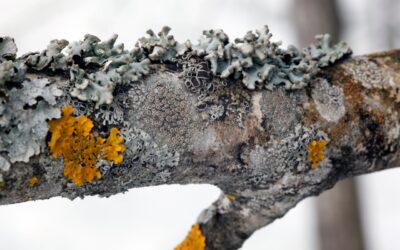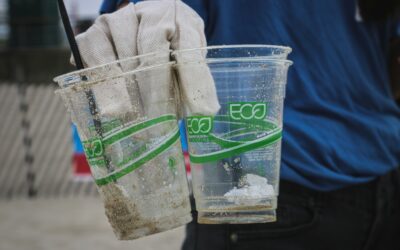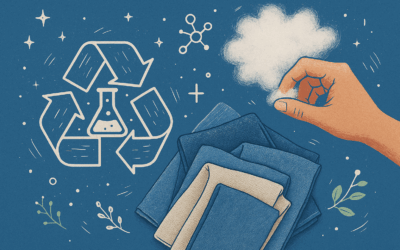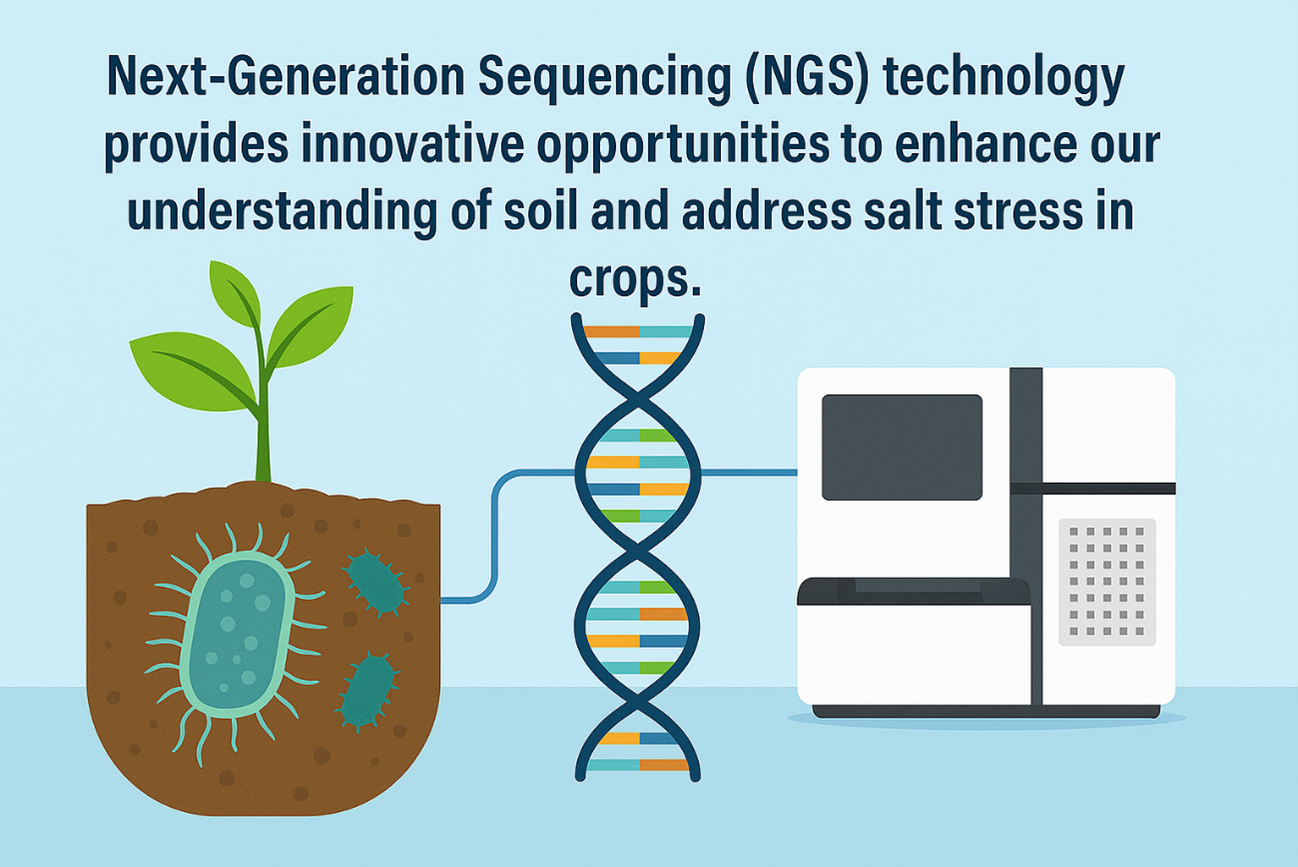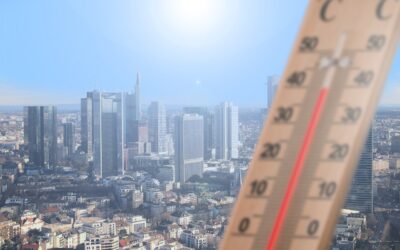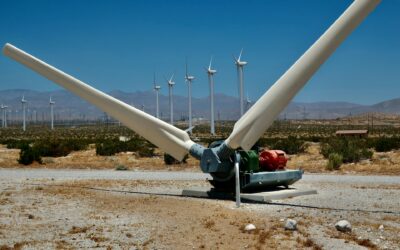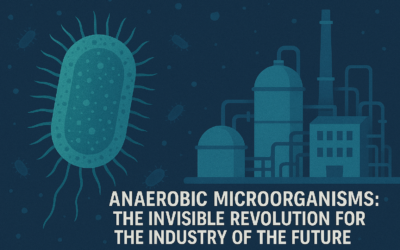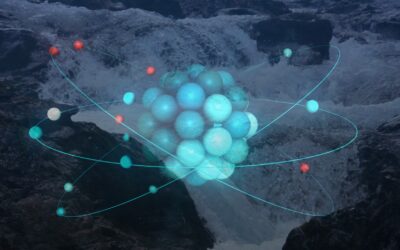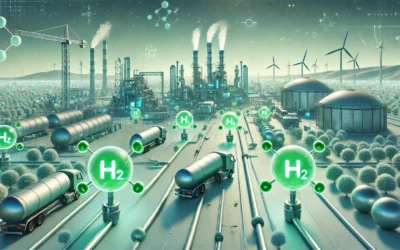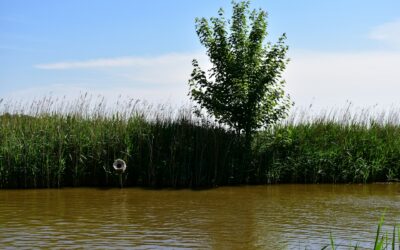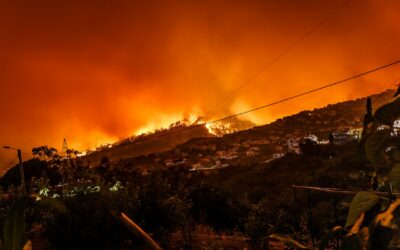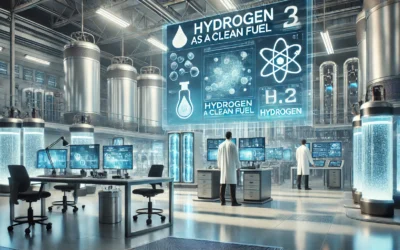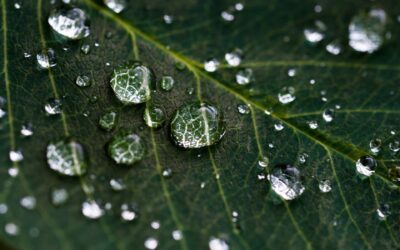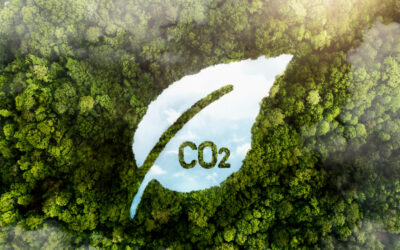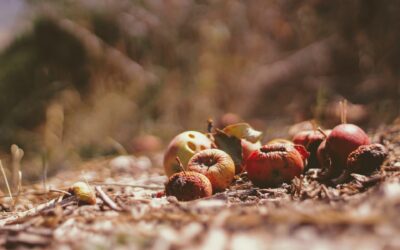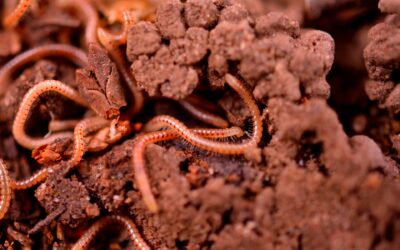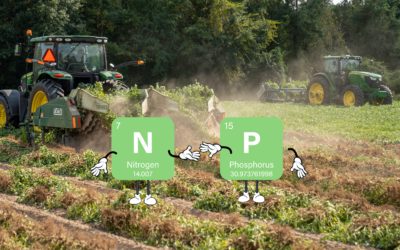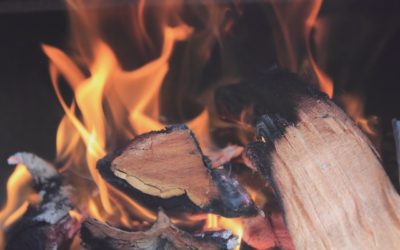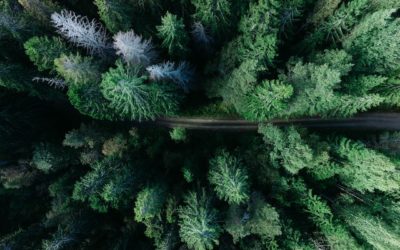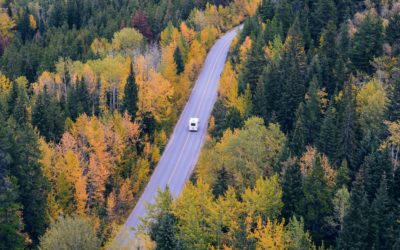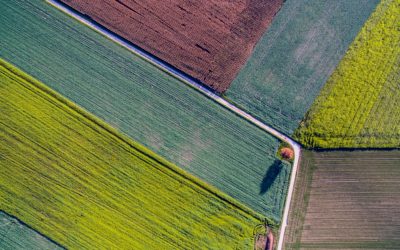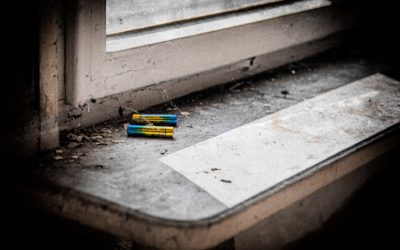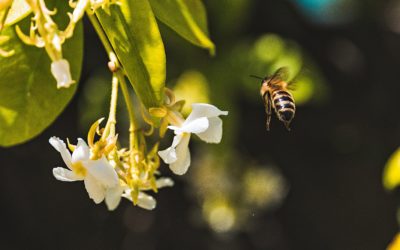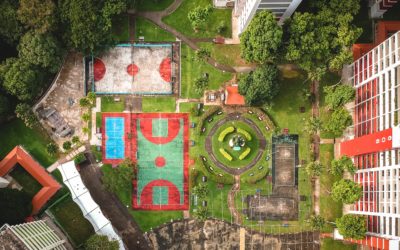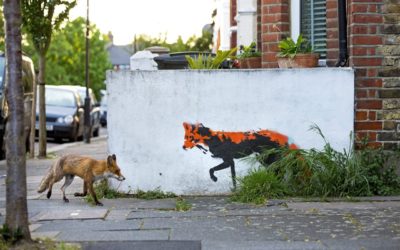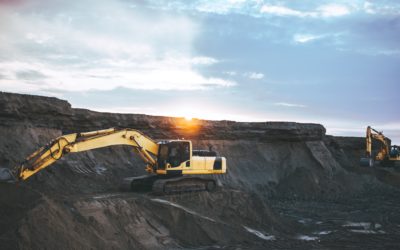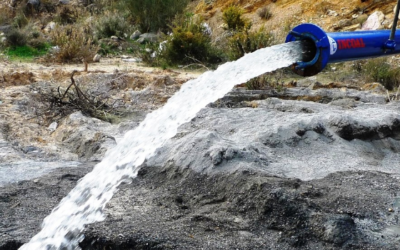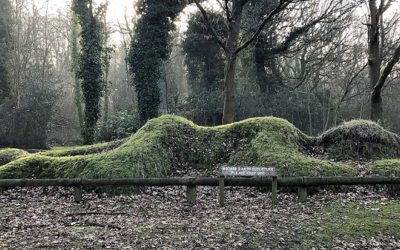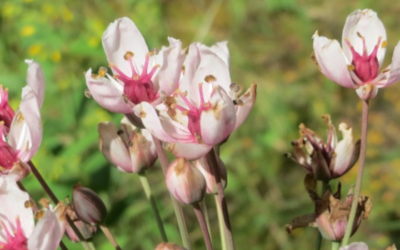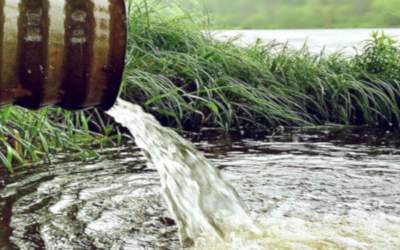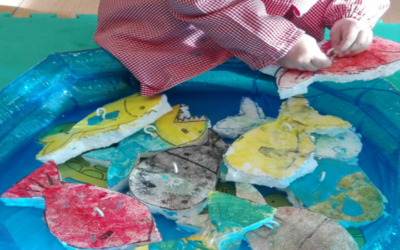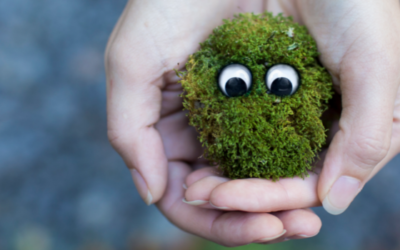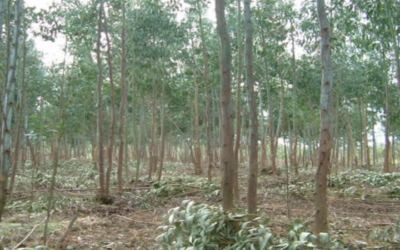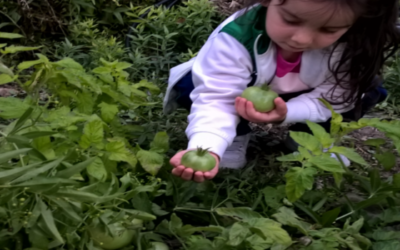CARTIF BLOG
Environment


Environment
Forest management of the future: a pillar for sustainability and the fight against climate change
The forest management of the future combines digitization, real-time data, and the bioeconomy to create more resilient forests. Thanks to technologies such as GIS, remote sensing, and continuous inventories, it is possible to prevent fires, optimize resources, and improve the sustainability of the territory.
From climate enemy to strategic resource: development of a new sustainable technology for the CO2 capture and purification
Know your enemy If one were to see (and smell) the gases produced by combustion and anaerobic digestion, one would not find many similarities apart from the state of the matter in which they are found. In fact, both have a common component that is odorless, colorless,...
Circular bioprocesses: how to transform waste into high-value bioproducts
A new paradigm: when waste becomes an asset Imagine if waste stopped being a problem for companies and became a source of income. This is not a futuristic idea but an increasingly tangible trend. In a world where natural resources are finite and waste is growing...
Microorganisms and spontaneous vegetation: natural allies to protect strategic crops and urban environments
Beneficial microorganisms and spontaneous vegetation act as natural allies against pests and diseases. Their use in agriculture improves soil health, protects strategic crops, and strengthens resilience to climate change.
When “green” doesn’t come from doing an LCA, but only from a Pantone® colour
If my grandma had heard about green marketing, she would have raised an eyebrow saying: “That sounds like they’re selling you the same thing... just with a pine-scented label.” And if I told her about the recent situation with Ursula von der Leyen, having to confirm...
Chemical recycling of textile waste: a new life for fiber blends
A growing problem: mountains of textile waste Clothing and textile consumption has increase with the expansion of so-called "fast fashion", giving rise to enromous amounts of waste. In Europe, the European Environment Agency (EEA)1 reports that each EU citizen...
Invisible allies against salinity: microbiota and sequencing for resilient agriculture
In a situation where soil salinity poses a significant threat to global agricultural productivity, scientific research is increasingly focusing on the vital role of soil microorganisms. According to the Food and Agriculture Organization (FAO), soil salinity is a major...
Climate change and the urban heat island effect: How it affect us?
When summer arrives and temperatures starts to increase, is frequent making the same question: why in the city center temperatures are higher than in an edification area in a rural environment? The answer is simple: is due to the urban heat island effect. But, what...
The hide challenge of the eolic energy: what we do with the wind turbines blades?
Today I would like to talk to you about a problem that is increasingly being discussed, but which still surprises many people: what happens to the blades of the wind turbines when they are no longer useful? Because yes, they also "retire", and when they do, they...
Anaerobic microorganisms: the invisible revolution for the industry of the future
In a world seeking to reduce its carbon footprint and move towards a circular economy, anaerobic microorganisms are emerging as key players in the fight against climate change. These organisms, which thrive in environments without oxygen, have been used for decades in...
Indoor air quality: What you don´t see, but what affects you
Historically, much attention has been paid to out door air quality, especially pollution generated by cars and factories, and its impact on health. While this concern for outdoor air is well-founded, and certainly of concern, its "sister", indoor air quality, is often...
Hydrogen objectives are being met?
In 2020, Spain took a firm step towards decarbonisation with the publication of the National Integrated Energy and Climate Plan (PNIEC). Among the measures highlighted, renewable hydrogen or green hydrogen, i.e., hydrogen generated in electrolysers powered by...
Electron streams of today, pure water streams of tomorrow
Treatment and purification of wastewater from different industries by electrochemical methods The modern world is inconceivable without the various industries that shape it: the creation of value-added products from raw materials, although a concept as old as...
The green molecule revolution
In the transition to a more sustainable world, green hydrogen has emerged as an essential resource to decarbonise key sectors such as industry and transport. In 2024, the European Union and other countries have redoubled their efforts with historic investments to...
From challenge to opportunity: Transforming water management in the Mediterranean
One of the main challenges facing the Spanish Mediterranean basin is the scarcity of water resources, a critical factor for agricultural production in the region. Agriculture is a vital economic sector, dominated by irrigated crops such as vegetables and, currently,...
Wildfires in Spain: A scorching reality fueled by Climate Change
Let’s talk about wildfires in Spain! Spain is well known for its Mediterranean climate, characterized by high temperatures and low precipitation, particularly during summer. These features attract many tourists every year that choose Spain as holiday destination to...
(Bio)hydrogen: a sustainable energy source for the future
Over the past decades, hydrogen has been identified as a potential clean fuel, although its mass adoption has been hampered by the abundance of oil and low relative prices of fossil fuels, as well as, in recent years, by the advance of the battery electric vehicle....
Fermentation, travel partner
Fermentation is perhaps one of the oldest technologies that has accompanied humanity for thousand of years. Throughout history, numerous evidences and traces have been found that demonstrate the use of fermentation by several cultures and civilisations, as a common...
Water guardians: innovative strategies to conserve our most precious resource
Water security is an essential concept defined as ´the ability of humankind to protect sustainable access to water, ensuring well-being, livelihoods and socio-economic development´. This concept includes taking measures to protect the ecosystems that provide this...
Biogenic CO2: challenges and opportunities for a sustainable future
In the fight against climate change, technological innovations is one of our most powerful allies. One of the most promising and challenging areas in this regard is the transformation of carbon dioxide (CO2), a prevalent greenhouse gas, into useful raw materials for...
Biogenic gas. What do you mean?
Biogas as an energy source is becoming more and more popular, but what is biogas and how does it differ from natural gas? The difference is that natural gas is a fossil fuel, while biogenic gas is renewable. Natural gas was formed millions of years ago, at the age of...
Bioplastics obtained from the recovery of organic and the paper industry waste. ELLIPSE project
The majority of plastics used in the world today come from non-renewable and non-biodegradable sources. In an effort to reduce the impact of plastics on the environment, alternative methods of production and waste management have been studied for decades. Several...
Microorganisms and their importance in the soil: The secret of a sustainable agriculture
When we think in agriculture, we often focus on the development of the plant, but we rarely consider the importance of proper management of the soil in which crops are grown. Soil is a vital resource that sustains our lives and provides the food that is indispensable...
Batteries in front of a new playing field
This past month (june 2023), eurodeputies provisionally agreed on new legislation for batteries sold in the EU. It has already been hailed as a "game changer" for batteries, creating a framework to foster a competitive and sustainable battery industry in Europe. After...
Nitrogen and Phosphorus, the agronomic macronutrients par excellence
I think most people are familiar, in one way or another, with the characteristics of the chemical elements we are going to talk about in this post: nitrogen (N) and phosphorus (P). Nitrogen in its gaseous from (N2) is part of the composition of atmospherica air or we...
Recovering our link with nature
In the end, I coukd not resist...I went to see AVATAR 2. Even in 3D! The idea of recalling the sensations I experienced 13 years ago as a spectator of one of the greatest technological advances in animation of the 21st century, won over the laziness of being inside a...
Biomass. Now yes?
Many people will have an accurate idea of what biomass is and what it represents in our society. In an energy context in which energy prices are continually breaking historical records, there are already many consumers who, in view of the imminent winter, have found...
A journey back in time through the woods
Forest fire in Bitterroot
Closing the water loop in industry: management and savings
Water is essential for human survival and well-being and plays an important role for many economic sectors. However, water resources are unevenly distributed in space and time, and are under pressure from human activity and economic development. In addition to water...
REimagine, REcover, ¡RESTORE!
Wildlife flyover crossings
Land use planning key in the ecological transition
land use planning
Long life to batteries!
From the smartphone we carry every day, the tablet or the computer, till any other portable electric tool we use in our everyday have implicit the use of an electric energy accumulation system, or what is commonly known as batteries, in this case rechargable...
Our wonderful guardians and neighbours!
People hear a lot about the decline of bees, about the lack of pollinators, but what are pollinators? more importantly, what do they do for us and what do we do for them? The group of pollinators is very wide, not only honey bees, which belong to one specific family....
Education is more than content
The education that people receive during all his life it´ s been influenced by the environment in which we live. When we are young and we start to be conscious about the world, the society usually provide us with the models and with the level of knowledge that it is...
Jeff Bezos reminded me of the importance of the carbon footprint
On 2o July I could not stop myself from thinking about Jeff Bezos. He made a short journey to space, organizing his own private trip. There were plenty of headlines. And many different opinions on the subject. Was the issue that was of concern to me if he was returned...
Nature returns to Valladolid!
During the confinement, we have witnessed how nature quickly returned to the cities in our absence. Wild flora took over the corner of our cities, growing in every available crevice and gradually recovering lost space. It became visible that the streets also belong to...
Is sustainable mining possible?
Mining activity has defined civilization since its inception and in approximately 90% of our daily activities we use chemical and mineral elements extracted from the interior of the earth. Currently, mining contributes to sustainable processes, such as the European...
Is there natural radioactivity in drinking water?
In our daily life, we are surrounded by radioactivity, from natural or artificial origin. Most of the radioactivity in the environment results from natural elements. In fact, there are radioactive elements in many foods and drinking water. But… How do these elements...
Creating more liveable cities using nature
More than a year ago, we invited you to think green and it has been almost two years since we presented the concept "re-naturing cities”. Time waits for no man and it is a great achievement for us to ascertain how these concepts, which we study theoretically, become...
A pilot experience with a constructed wetland
Aquamundam project was briefly introduced in the previous chapter of this constructed wetland series. CARTIF is currently participating in the pilot setting and analysis within Aquamundam project. One of the main approved actions in this cross-border project is the...
Mimicking natural water depuration: constructed wetlands
One of the Sustainable Developments Goals (SDGs) included in the United Nations Agenda 2030 is ‘ensuring availability and sustainable management of water and sanitation for all’. It has been estimated that 25% of global population will inhabit countries affected with...
About recycling, celebrations and children
Last June 15 was a double celebration day in CARTIF. On the one hand, we celebrated the 25th Anniversary of the LIFE Programme, the EU’s funding instrument for the environment and climate action. It has passed 12 years for us since the first time we applied our first...
Think green
We are opening this post providing a written record of we are not sponsored by a well-known beer brand. We dare to make you a direct request because we would like to urge you to do exactly what the title says: think green. At the end of last year, Pantone® company (an...
Tag me!
The Cambridge dictionary defines the noun “label” as "a piece of paper or other material that gives you information about the object it is attached to." An active social network user would explain us tags are one of the most famous ways people use to find content on...
How to recover the forest biomass?
It is likely that many of us have taken advantage of weekends to take a walk in the forest or the mountain. When we return home, impressed by the beauty of the landscape, we may have reflected with sadness on the enormous damage that forest fires cause in these...
The re-naturing of our cities
Currently, the 54% of world population lives im cities, and it is foreseen this figure rises by 70% in the middle of this century. Cities have been converted in denatured places in which is difficult to find interconnected nartural surroundings. Current urbanistic...
Is our food security at risk?
Food security of two-thirds of the world s’ population depends on the availability and use of fertilizers. In the transition from a fossil reserve-based to a bio-based economy, it has become a critical challenge to close nutrient cycles and move to a more effective...
Your credit is about to expire: the Earth Overshoot Day
August 8, 2016. 07:00h a.m. Radio turned on driving to work. Headlines begin. "Today is Earth Overshoot Day", I hear. Oh. Bad news. The Earth Overshoot day in 2016 has been brought forward again. I'm sure you are wondering about some things right now:1) If I am able...
